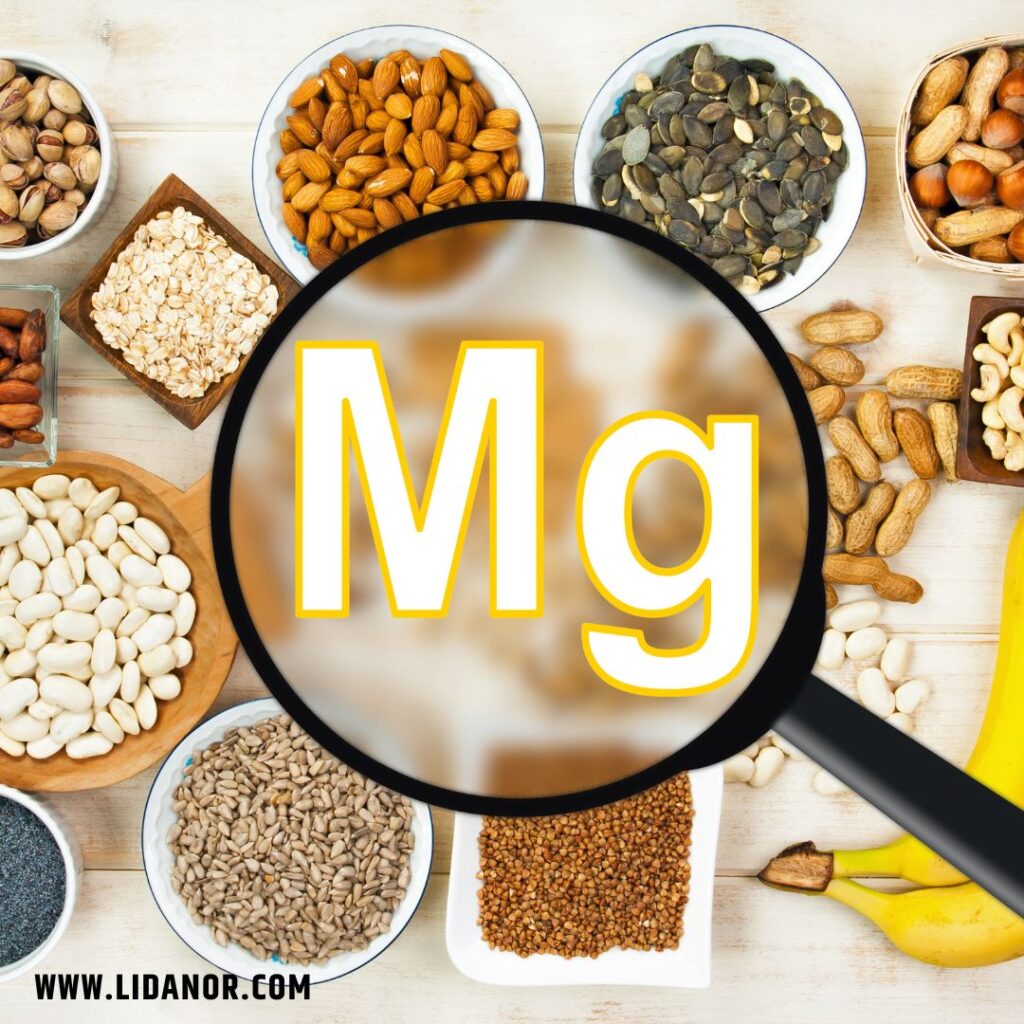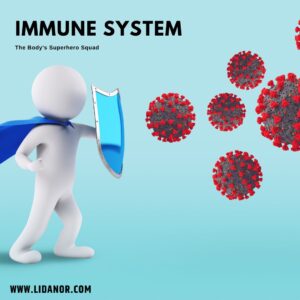
We often hear about the importance of vitamins in a healthy diet, but let’s not forget the unsung heroes – minerals! These essential micronutrients might be tiny, but they play a massive role in keeping our bodies functioning optimally. Let’s delve into the fascinating world of minerals and explore why they deserve a starring role on your plate.
Building Blocks of Health: The Diverse World of Minerals
Minerals are naturally occurring inorganic elements found in rocks, soil, and – you guessed it – food! Our bodies rely on a variety of minerals to perform countless functions, including:
- Building Strong Bones and Teeth: Calcium, phosphorus, and magnesium are the power trio for building and maintaining a strong skeletal system.
- Regulating Body Fluids and Blood Pressure: Sodium and potassium work together as electrolytes, balancing fluids and ensuring proper nerve and muscle function.
- Supporting Enzyme Activity: Many enzymes, the workhorses of cellular reactions, require specific minerals to function properly. Think zinc for immunity and iron for oxygen transport.
- Maintaining Normal Growth and Development: Minerals like iodine are crucial for healthy thyroid function, influencing metabolism and growth.
Dietary Sources: Where to Find the Mineral Magic
The good news is, incorporating a variety of healthy foods into your diet ensures you get the minerals you need. Here’s where to find some key players:
- Calcium: Dairy products, leafy green vegetables, fortified foods.
- Iron: Lean meats, poultry, fish, beans, lentils.
- Magnesium: Nuts, seeds, whole grains, dark leafy greens.
- Potassium: Bananas, avocados, potatoes, oranges.
- Sodium: Table salt (use sparingly!), some processed foods (read labels!).
Mineral Deficiencies: Understanding the Signs
While rare in developed countries, mineral deficiencies can occur. Here are some signs to watch out for:
- Fatigue and weakness: Iron deficiency can lead to anemia, causing tiredness and decreased energy levels.
- Muscle cramps and weakness: Electrolyte imbalances, particularly low magnesium or potassium, can cause cramps and muscle aches.
- Brittle bones and fractures: Calcium deficiency can weaken bones and increase the risk of fractures.
- Skin and hair problems: Deficiencies in minerals like zinc can lead to dry skin, hair loss, and delayed wound healing.
Optimizing Mineral Intake: Tips for a Balanced Diet
Here are some strategies to ensure you’re getting enough minerals:
- Eat a Rainbow: Fruits and vegetables come packed with a variety of essential minerals.
- Choose Whole Grains: These offer a wealth of minerals compared to refined grains.
- Vary Your Protein Sources: Include lean meats, fish, legumes, and nuts in your diet for a diversity of minerals.
- Be Mindful of Salt: While sodium is essential, excessive intake can contribute to high blood pressure. Opt for naturally occurring sodium sources and limit processed foods.
The Future of Minerals: Personalized Nutrition on the Horizon
Just like with other nutrients, the field of “precision nutrition” is emerging. This approach tailors dietary recommendations based on an individual’s genetic makeup and potential mineral absorption limitations. This personalized approach holds promise for optimizing health and preventing mineral deficiencies.
Conclusion:
Minerals, though small, are mighty contributors to our well-being. By incorporating a variety of healthy foods and being mindful of dietary choices, we can ensure these essential micronutrients work their magic, keeping us healthy and energized. So, give minerals the recognition they deserve and fuel your body with the power of these tiny, yet mighty, superstars!





